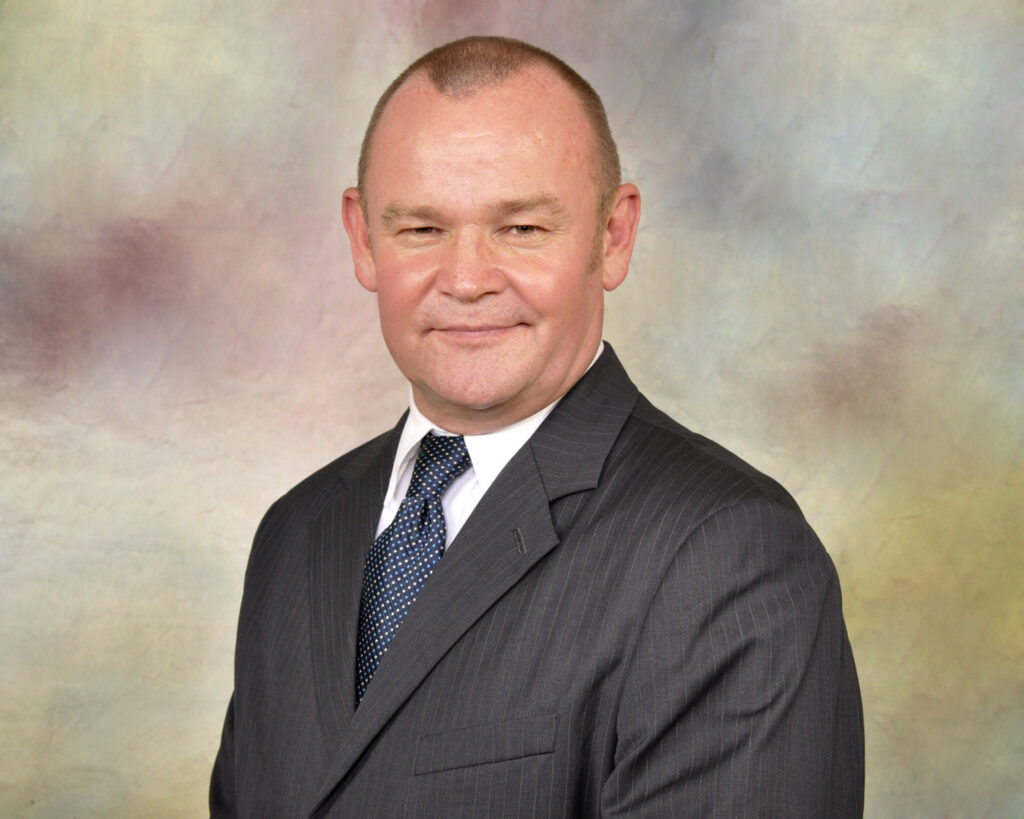Approximately 28 percent of all female adolescents across Sub-Saharan Africa are either pregnant or have already given birth. Uganda is marginally below the continental average at 25 percent (27% in rural areas 19% in urban environments) according to Uganda Bureau of Statistics (UBOS). Despite best efforts, this unfortunate statistic has persisted unchanged for over 10 years. The Ministry of Gender Labour and Social Development is implementing the second National Strategy to End Child Marriages and Teenage Pregnancy (NSCM&TP) 2021/2022 – 2025/2026; nonetheless, efforts to address these issues face persistent resource challenges and initiatives addressing teenage pregnancy have generally been poorly coordinated. Immediate action is essential and the full participation of all stakeholders is critical to success.
Young mothers are at risk of poor maternal and child health, the prospect of unsafe abortions, severe social stigma and isolation, challenges accessing education and remaining trapped in the poverty cycle. Uganda is globally recognized for the “modern” progressive policies that so effectively addressed the HIV/AIDS epidemic three decades ago. Public discussion of sexual health was controversial. Nonetheless, policies were firmly grounded in science, enjoyed broad buy-in and were well implemented. The moment was ripe. The situation was intolerable. All stakeholders were prepared to make the compromises necessary for change.
Sexual and reproductive health is a sensitive issue in Uganda today. The country is experiencing significant demographic shifts in key social indicators including high population growth and rapid urbanization. Teenage pregnancy was further exacerbated by the COVID-19 that disrupted lifestyle patterns associated with unemployment and children out of school and limited movement. The pandemic represented a serious distraction from efforts to manage and control other crucial health issues, both non-communicable and communicable diseases including HIV/AIDS, Tuberculosis and malaria. Significant spikes were recorded in the number of teenage pregnancies over the past two years. The Makerere University School of Public Health reports teenage pregnancies rose by 28% during the first COVID 19 lockdown in 2020. Urgent action is required.
In January 2022, the Ministry of Education and Sports instructed all primary and secondary schools to allow pregnant students to return to school to complete their education and in November 2021 The High Court of Uganda ordered Government to develop a Comprehensive Sexuality Education (CSE) Policy within two years. Nonetheless, the National School Health Policy has been shelved for the past 20 years and attempts in 2016 to revise the 2012 Sexual Reproductive Health and Rights (SRHR) Policy stalled due to divergent views on what continues to be a highly sensitive and potentially explosive issue. Half a decade later, the situation remains unchanged. Curriculum content on issues of sexual and reproductive health are minimal and little to nothing is currently being done to address teenage pregnancy.
The debate over teenage pregnancy is often presented as a bi-polar debate between “conservative” individual and groups comprising Generation X and beyond, religious and cultural leaders. The other end of the spectrum, often presented as progressive, if not radical, comprise trained medical professionals and NGO workers. The reality, of course is far from black and white. There is a tremendous amount of middle ground to be explored.
The majority of stakeholders–irrespective of cultural or religion–agree that social change and poverty are the key drivers of teenage pregnancy. The majority also agree that abstinence is undoubtedly the preferred solution. However, thinking on the other factors involved and the most appropriate solutions is where the divergence commences.
Many religious and cultural leaders emphasize the need to address moral decay and call for a restoration and strengthening of religious faith and/or culture. The “progressive” individuals argue ignorance is a driving factor and push education and awareness on sexual and reproductive health among all stakeholders including teenagers. The progressives support abstinence as an important solution only if presented in the context of informed choice.
The majority of professional health workers suggest sexual and reproductive health is best addressed through formal education with the development of appropriate content to be included in school curriculums. They argue that sexual abuse is best addressed through awareness. They advocate for improved access to reproductive health services and in some instances family planning along with attempts to effect social behaviour change including awareness and transparency.
Many religious and cultural leaders and other more conservative groups abhor the approaches advocated by public health officials. These conservatives argue that raising the issue of sexual health with teenagers is tantamount to promoting teenage sex. Less outspoken on issues of sexual abuse, the more conservative leaders advocate greater counselling, prayer and recourse to cultural norms and where necessary or appropriate the rule of law.
The conservatives comprise a wide range of positions. The most extreme would prefer total silence on anything related to sexual and reproductive health until marriage. Naturally the lines are not clear cut. A significant number of young public health officials support more conservative positions and some staunch faith based NGOs and religious leaders support contraception. Others even support abortion under extenuating circumstances such as rape or when the mother is in serious physical danger.
The discussion on sexual and reproductive health can be reinvigorated at multiple levels involving the promotion of public discourse that engages and brings together leaders from across the social-political spectrum to identify an effective set of policies to achieve change. Distinctions must be made to distinguish between positions, needs and interests, establish middle ground and provide a platform to get hard on the challenges of teenage pregnancy, not the stakeholders.
Effective influencing strategies include making strategic alliances and coalitions and framing research evidence in ways that are attractive to particular policy audiences. A sustained mix of strategies to raise awareness, motivate, strengthen capacity and build relationships among stakeholders can prove very effective. Greater integration of different interventions would be of immense value and provide opportunities to effectively address the challenges. Recognition of teenage pregnancy as a cross cutting issue would strengthen coordination of effort and make better use of the finite funding and support available to address this issue.
The issues are both sensitive and challenging and the messages and processes through which to engage with diverse stakeholders in different contexts need careful consideration and further empirical and conceptual understanding. A return to the constructive engagement and pragmatism of the late 1980s that saw Uganda curb HIV/AIDs is desperately required.
END
Christopher Burke is the managing director of WMC Africa, a communications and advisory agency in Kampala, Uganda. He has over 25 years’ experience working on communications, development, governance and peace in Asia and Africa.

